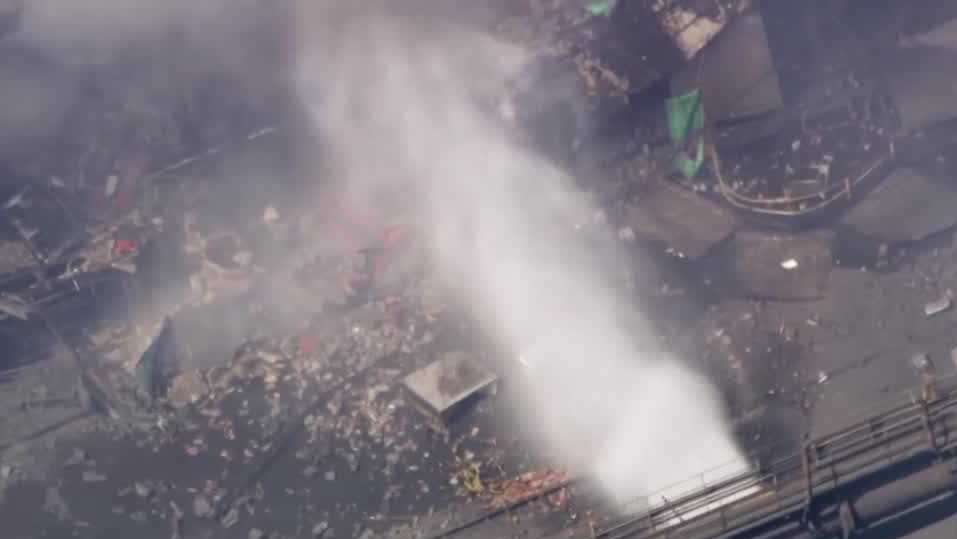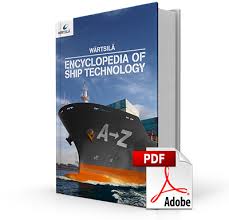Ancient alchemy
Medieval nuclear chemistry

"Alchemy" is the medieval term for "chemistry." One of its main goals or aims was to use alchemical methods to transmute lead or other base metals into gold or other precious metals.
The manufacture of Damascus steel by folding and beating together layers of immiscible types of stainless and high-carbon steel was a major success of alchemy. Essentially the heat of a nuclear meltdown was required to forge together incompatible types of steel into a composite of such incredible hardness and toughness.
Another byproduct or curiosity of alchemy was the manufacture of helium gas by the nuclear combustion of hydrogen from water or hydrocarbons in a coking furnace in what is now known as a C–N–O cycle, the same reaction which occurs in the core of the sun to produce its great heat and light.

Whenever a coking furnace overheats, it reaches a nuclear meltdown, and when a state of prompt criticality is attained, massive explosions take place. Neutrons are said to be prompt when they are emitted within 1/100,000,000,000,000 second of a nuclear fission or fusion.


Many ancient alchemical relics were said to cursed and believed to cause plagues because they were highly radioactive. And naturally if lead or other base metals were ever transmuted into gold, nuclear reactions would have been employed, with that "fervent heat" which would have melted even the elements according to the Bible, and this was known in ancient times according to the Apostles Peter and John.
II Peter 3:10 But the day of the Lord will come as a thief in the night; in the which the heavens shall pass away with a great noise, and the elements shall melt with fervent heat, the earth also and the works that are therein shall be burned up. 11 Seeing then that all these things shall be dissolved, what manner of persons ought ye to be in all holy conversation and godliness, 12 Looking for and hasting unto the coming of the day of God, wherein the heavens being on fire shall be dissolved, and the elements shall melt with fervent heat?
Rev. 6:14 And the heaven departed as a scroll when it is rolled together; and every mountain and island were moved out of their places.



